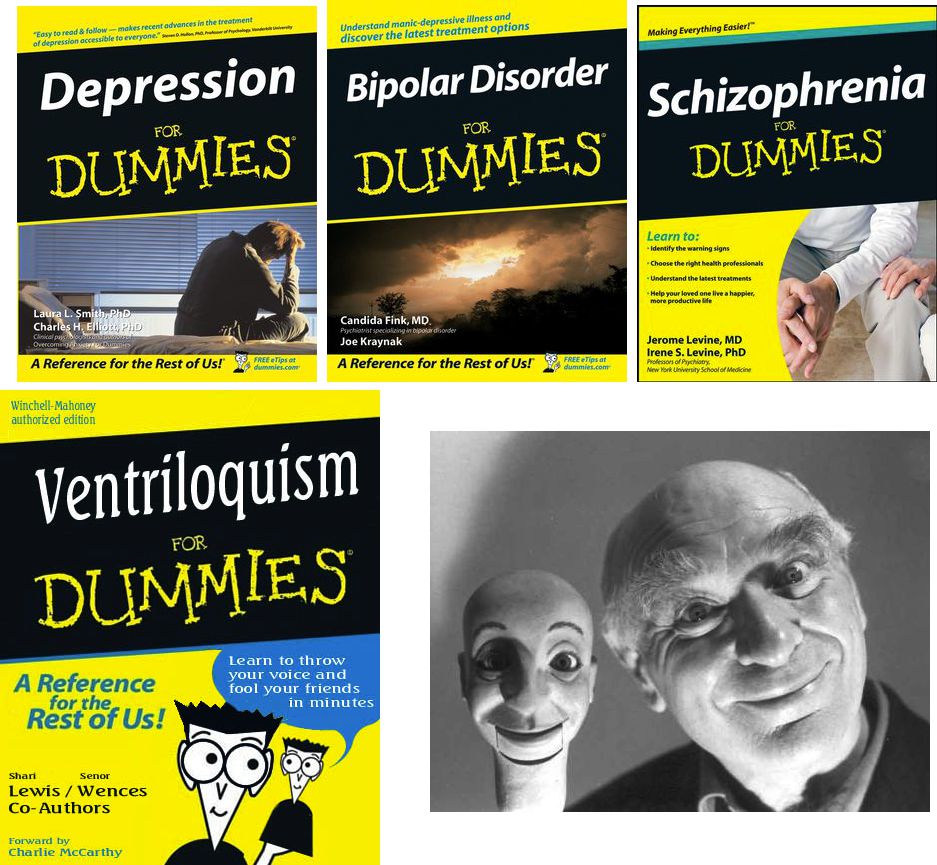
Welcome to Anti-Psychiatry Central!
Anti-Psychiatries
Institutional psychiatry represents the folly of trying to outlaw folly/madness.
Institutional psychiatry (madhouses, lunatic asylums, mental hospitals), on any scale to speak of, only arose with the dawn of the age of enlightenment, in the latter half of the 15th century.
The word anti-psychiatry was first coined in 1908 by a German psychiatrist, Bernard Beyer, and referred pejoratively to anybody with the audacity to challenge the authority of psychiatry. The use of the word declined after WWI.
This pejorative sense of the word anti-psychiatry has been revived by bio-psychiatry following a re-coining of the word given a positive twist by David Cooper in 1967, and it has been used ever since to harass and silence critics of their profession.
Anti-psychiatry, much like the attitude of some critics of slavery during the 19th century, seeks to abolish the practice of institutional psychiatry. Reformists, on the other hand, of one bent or another, seek either to increase or to lessen the oppressive nature of such institutions.
Law and order reforms = increased oppression.
Humanitarian reforms = decreased oppression.
Abolition = no oppression (i.e. the demise of institutional forced psychiatry).
Various Anti-Psychiatries
Szaszian Analysis (1961) = anti-coercive non-consensual psychiatry
Critical Psychiatry (1980 on) = anti-bio-psychiatry
Psychiatric Survivor Movement (1970-1985?) = anti-coercive psychiatry + anti-bio-psychiatry
Deleuse and Guattari (1970s-1990s) = anti-psychoanalysis
Anti-psychiatry today = anti-psychiatric profession, anti-psychoanalysis, anti-mental-health-treatment-system
Anti-psychiatry supports the complete rehabilitation, de-criminalization, and de-medicalization of folly/madness.